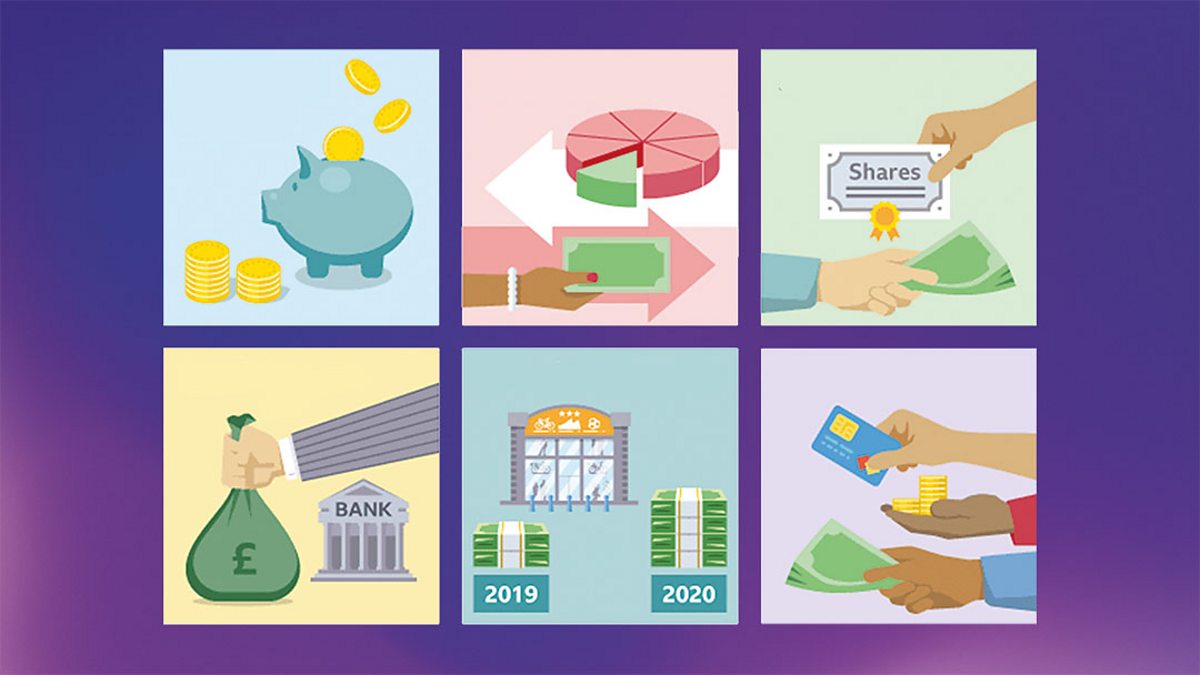What Opportunities Regional Markets Can Offer to Kazakhstan’s Investors
Alina Aldambergen, Chairperson of KASE, emphasized the importance of creating conditions on foreign markets for domestic companies to issue bonds. She made this statement during a panel session at the 26th Annual General Meeting of the Asian-Pacific Central Securities Depositories Group (ACG).

The first panel discussion focused on “A New Era in Strengthening Securities Market Connectivity for economic growth”. According to the KASE head, the Kazakhstan stock exchange actively collaborates with exchanges both within the region and internationally.
“We are actively engaging with Central Asian countries and are a member of the regional association of exchanges. For instance, Uzbek companies are raising funds through our exchange. We also have connections with Middle Eastern and neighboring markets. Our country has significant economic ties with China, and representatives from the Hong Kong and Shenzhen exchanges are present at the conference” she said.
She noted that the high level of capitalization in the Kazakhstan bond market attracts both local and international investors.
“Nowadays many export-oriented companies in Kazakhstan are issuing Eurobonds and local bonds, meaning they are listed on both national and international markets. It is important for us to represent Kazakhstan on the global stage, promote investment in government securities, work together with the National Bank of Kazakhstan, stimulate trading on secondary markets, and collaborate closely with Clearstream and Euroclear, as well as all participants in our infrastructure” Alina Aldambergen added.
Bernard Ferran, Chief Commercial Officer at Euroclear, commented on the growth in Asia and how important Asia and Central Asia are for Euroclear overall. According to him, the region has begun to see significantly more intra-Asian flows, which will require the creation of new market connections. This, in turn, will facilitate access for foreign investors to these new frontier and emerging markets. He also noted that innovation and the implementation of new technologies will be at the forefront of how central securities depositories should conduct their business and ensure compliance with international standards.
The panel session also highlighted the importance of cooperation among regional securities market infrastructures regarding settlement issues, particularly in light of the shift to T+1 trading cycles by major global exchanges, including those in India, China, the USA, and others. This regime means that trade settlements occur on the next trading day. KASE is currently considering the possibility of such a transition by studying international practices.
The representative of Depository Trust & Clearing Corporation, Nellie Dagdag, discussed the lessons learned from implementing the T+1 system. In response to the moderator’s question about the challenges faced by non-U.S. companies during the T+1 transition, she noted that the shift to T+1 in the U.S. in May of this year initiated a new settlement cycle. Nothing extraordinary occurred; there was extensive preparation for the launch of the T+1 system. Apart from the loss of one day for foreign investors, there were no significant changes to the settlement scheme.
In general, she shared about several lessons of the introduction of T+1. The need for cooperation, including with the regulator, discussing all important issues with market participants, including investors is the priority. The speaker also emphasized the importance of regional coordination of efforts for the benefit of investors, issuers, financial companies and other stakeholders.
Olivier Gueris, Chief Operating Officer in AIFC, in his speech expressed the opinion that it is necessary to be flexible when switching to a new settlement system. “There are many different operating models, jurisdictions, some work under common law, etc. You need to be flexible and adapt to different models,” he said.
Speaking on the importance of international cooperation, the speaker provided practical examples of how to adapt to the functional limitations of some markets and utilize new business methods for the benefit of investors. At the same time, she highlighted examples from Hong Kong and Shanghai, where, for instance, members of one exchange can trade stocks listed on another exchange. Overall, cooperation with other exchanges opens up new opportunities for investors, concluded the expert.
From September 9-12, 2024, for the first time in history, Kazakhstan hosted the 26th Annual General Meeting of the Asia-Pacific Central Securities Depository Group (ACG). The organizer was the Kazakhstan Central Securities Depository (KCSD).
Disclaimer: The views, suggestions, and opinions expressed here are the sole responsibility of the experts. No Florida Recorder journalist was involved in the writing and production of this article.


